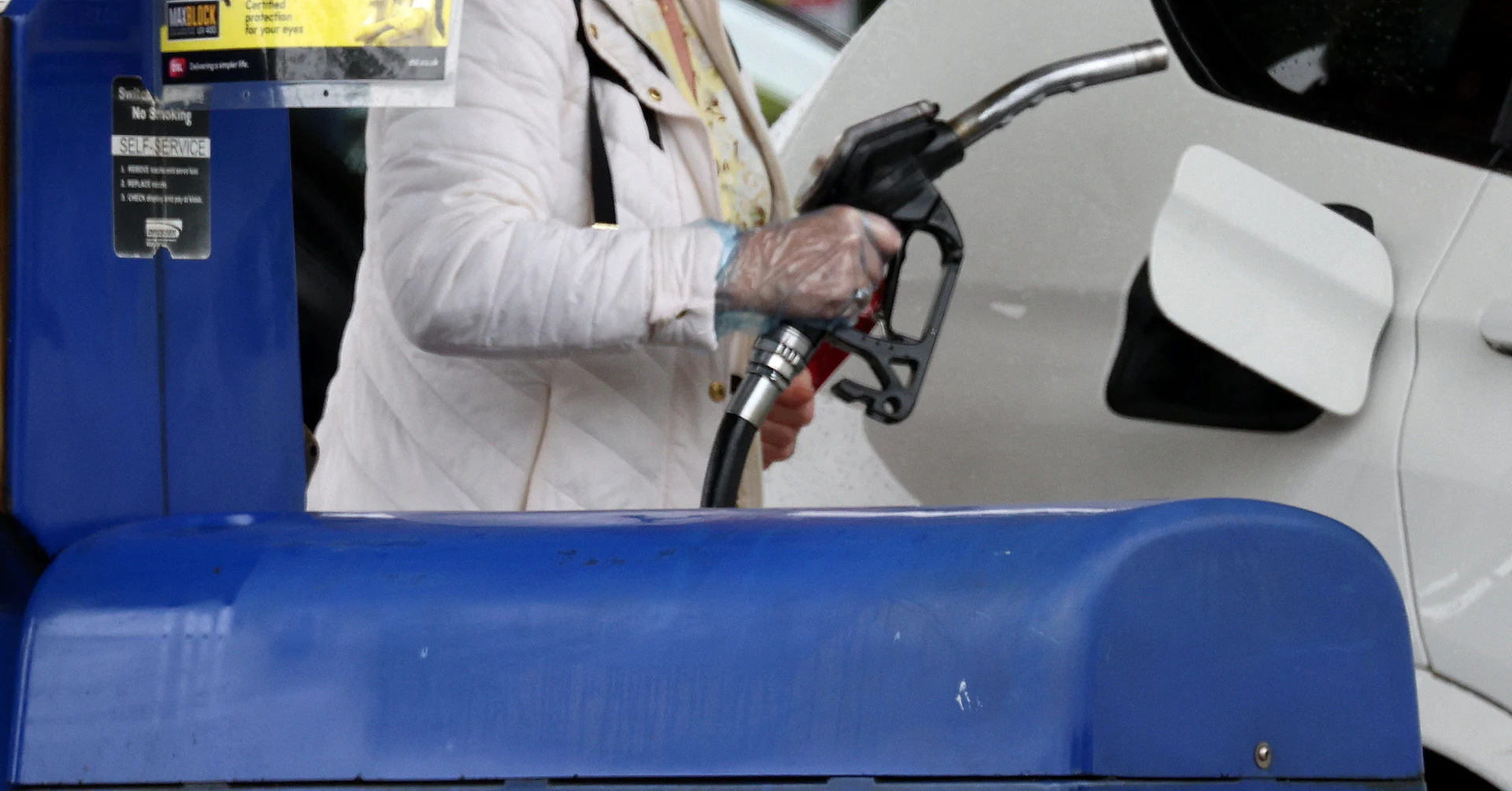
October 1 – If the world is to meet its climate targets, both governments and businesses need to start with the same thing: reliable numbers.
Policymakers depend on accurate greenhouse gas data to design effective regulations, channel public investment, and measure national progress. Companies rely on the same data to shape strategy, manage risk and prove credibility to investors and customers. For both sides, emissions reporting is the foundation of decision-making.
Yet too often the numbers aren’t good enough. They are built on rough estimates, outdated science or inconsistent rules. That means governments may direct money to the wrong places, and companies may set targets or make claims that don’t hold up. Without reliable reporting, even ambitious climate plans risk missing the mark. Getting the numbers right is not just a technical exercise, it is the cornerstone of effective climate action and credible business strategy.
Most companies publish two types of emissions data: those that are directly produced from their own operations and those that come indirectly from their wider value chain, such as suppliers, logistics and product use. The second category usually represents the lion’s share, but it is also the least reliable. Data gaps mean companies often lean on industry averages, which can obscure real differences between firms.
To simplify, different gases are bundled into a single “carbon dioxide equivalent” figure. But because gases like methane behave very differently from carbon dioxide, the same activity can yield very different totals. Both may be technically correct but they can’t be compared. Methane hits hard in the near term but fades quicker. In contrast, carbon dioxide is effectively forever; once released, it accumulates in the atmosphere for centuries. Over 20 years, methane’s impact looks big; over 100 years, smaller.
This means that two reports can show different totals for the same emissions simply because they used different time windows or older conversion values. We explore these issues in a recent Imperial-led Nature Communications study and SSRN paper on this topic.
The result: a patchwork system that leaves policymakers with an incomplete picture and companies exposed to reputational and financial risk.
Getting the numbers right has real-world consequences. Reliable data shows governments which levers – subsidies, taxes or regulations – will deliver the biggest impact. Accountability is another key factor. There needs to be clear metrics that allow the public and investors to check whether climate promises are being kept.
For companies, credible reporting builds trust, reduces the risk of greenwashing claims and reassures investors that climate strategies are solid. It can also lower the cost of capital, as lenders and asset managers increasingly reward transparency.
Fixing the system doesn’t require new breakthroughs. It requires political will and regulatory alignment. Companies should disclose major gases separately, not just one blended total.
Countries should agree on shared baselines for how emissions are counted and ensure those rules are updated regularly in line with science.
Emissions should be reported on two timelines – near term and long term – to highlight urgent action on short-lived gases like methane while keeping carbon dioxide in focus. Businesses should also strengthen their supply-chain reporting.
Standards should require suppliers to provide consistent data, backed by independent checks when possible. Any changes in calculation methods should be openly disclosed, so numbers can be compared year to year without confusion. Obtaining access to data is also another key consideration.
Public registries should allow investors, regulators and citizens to see emissions data side by side, which would lead to greater transparency and help reduce the risk of greenwashing.
Measures are already being taken to put these proposals into practice. The International Organisation for Standardisation (ISO) requires greenhouse gas inventories to report totals by individual gases, for instance, separate figures for carbon dioxide, methane and nitrous oxide.
The European Union’s new sustainability reporting rules use a digital tagging system (XBRL) so that data can be tagged and compared consistently across companies.
Earlier this month, the ISO and the Greenhouse Gas Protocol announced a strategic partnership to combine their leading standards into harmonised, co-branded international standards.
The British Standards Institute and the ISO are now developing an independently verifiable net zero standard for COP30, which is expected to hinge on the ISO’s greenhouse gas measurements, providing an opportunity for countries to implement a robust and comparable formula for meeting their net zero targets.
Accurate emissions data may sound like a technical detail, but it is the backbone of both climate policy and corporate strategy. Without reliable numbers, governments can’t design effective rules, businesses can’t make credible plans and investors can’t direct capital to real solutions.
With consistent standards and transparent reporting, climate targets can be pursued with confidence, capital can flow to the right places, and progress can be tracked with integrity.
Getting the numbers right won’t solve climate change on its own. But without it, every other effort risks being wasted.
Opinions expressed are those of the author. They do not reflect the views of Reuters News, which, under the Trust Principles, is committed to integrity, independence, and freedom from bias. Ethical Corporation Magazine, a part of Reuters Professional, is owned by Thomson Reuters and operates independently of Reuters News.
Professor Enrico Biffis is academic director of the Centre for Climate Finance and Investment at Imperial Business School, London. His areas of expertise are risk analysis and asset-liability management, with a focus on applications in the insurance and investment management sectors. He has been the recipient of numerous grants and awards for his research.



